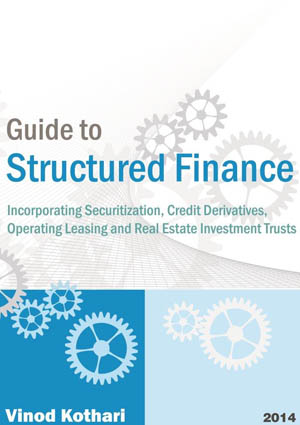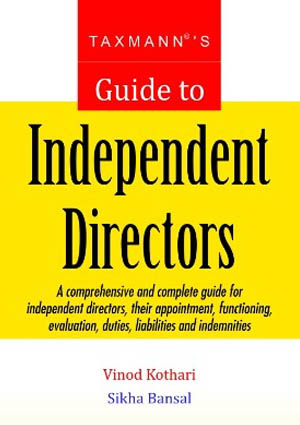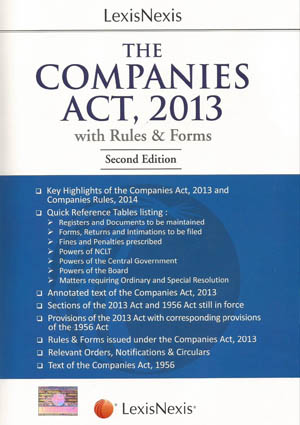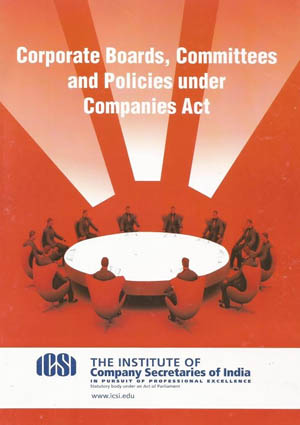Services
Asset Reconstruction
he word “asset reconstruction company”
The word asset reconstruction company is a typical Indian word – the global equivalent of which is asset management companies. The word “asset reconstruction” in India owes its origin to Narsimham I which envisaged the setting up of a central Asset Reconstruction Fund with money contributed by the Central Government, which was to be used by banks to shore up their balance sheets to clean up their non-performing loans. This idea never worked: so Narsimham II thought of asset reconstruction companies, the likes of which had already been successful in Malaysia, Korea and several other countries in the World. To keep the tune the same as the original idea of asset reconstruction fund, as also to give an impression that ARCs are not merely concerned with realisation of bad loans but they are going to do “reconstruction”, that is, try and resurrect bad loans into good ones, the word ARC has been used in India.
Would the ARCs to any “reconstruction” or merely realisation?
On the face of it, it is difficult to see the ARCs doing substantially more than mere realisation of bad loans. Even the definition of the word “asset reconstruction” in the Ordinance talks of mere relisation and not reconstruction. As ARCs would anyway not have the capital to do any further funding of bad loans, it is difficult to see them doing any such “reconstruction” to qualify for that term.
Why Asset management companies or ARCs ?
Asset management companies have been set up in various countries internationally as an answer to the global problem of bad loans.
Bad loans are essentially of two types: bad loans generated out of the usual banking operations or bad lending, and bad loans which emanate out of a systematic banking crisis.
It is in the latter case that banking regulators or governments try to bail out the banking system of a systematic accumulation of bad loans which acts as a drag on their liquidity, balance sheets and generally the health of banking. So, the idea of AMCs or ARCs is not to bail out banks, but to bail out the banking system itself.
There are essentially two approaches to taking care of these systematic bail out efforts: one, leave the banks to manage their own bad loans by giving them incentives, legislative powers, or special accounting or fiscal advantages. The second approach is to do the same thing on a concerted, central level, through a centralised agency or agencies.
The former approach is called the decentralised approach and the latter approach is called centralised approach. AMCs arise out of the second approach – that is, a centralised agency for resolving bad loans created out of a systematic crisis.
Each approach has its own advantages and disadvantages and there is no clear evidence of any of the two being better over the other. Various countries have tried either of the two approaches with success stories and failures in either case.
What are the advantages of an AMC approach ?
- Centralisation of bad loans in one or a few hands and therefore obviously more clout
- It is possible to give special legislative powers to a few AMCs rather than to each bank
- Banks are left with cleaner balance sheets and do not have to deal with problem clients. Regular banking relations with the group are not affected.
- Because it deals with a larger portfolio, it can mix up good assets with bad ones and make a sale which is palatable to buyers.
- It is easier to do a capital-market based funding for an AMC than for the banks themselves.
Post Incorporation
- Recommending / validating and developing / re-engineering loan processes
- Recommending and developing or validating loan policies, including appraisal techniques & tools
- Product Development
- Development of IT Infrastructure
- Credit Risk Management
- Scoring Model
- MIS format
- Legal Operations
- NHB regulatory and compliance requirements
- Participating in the recruitment process of CEO / HoDs
- Organisation structure and HR policies
- Resource Mobilisation
Miscellaneous
- Strategic Advisory
- Training Courses tailored to specific business needs
- Drafting of agreements, policies and codes
- Due Diligence to meet NHB standards
Our Past Experience
- Vinod Kothari has been on a Asian Development Bank consulting group to advise Government of India on securitisation and enforcement of security interests laws in India. The group is responsible for suggesting comprehensive amnedments to the SARFAESI Act in India to make securitisation and enforcement of security interest laws work in India.
- Advising Govt. of India on security interest enforcement laws, including mortgage laws – Tanmeyah Micro-enterprise Services.










